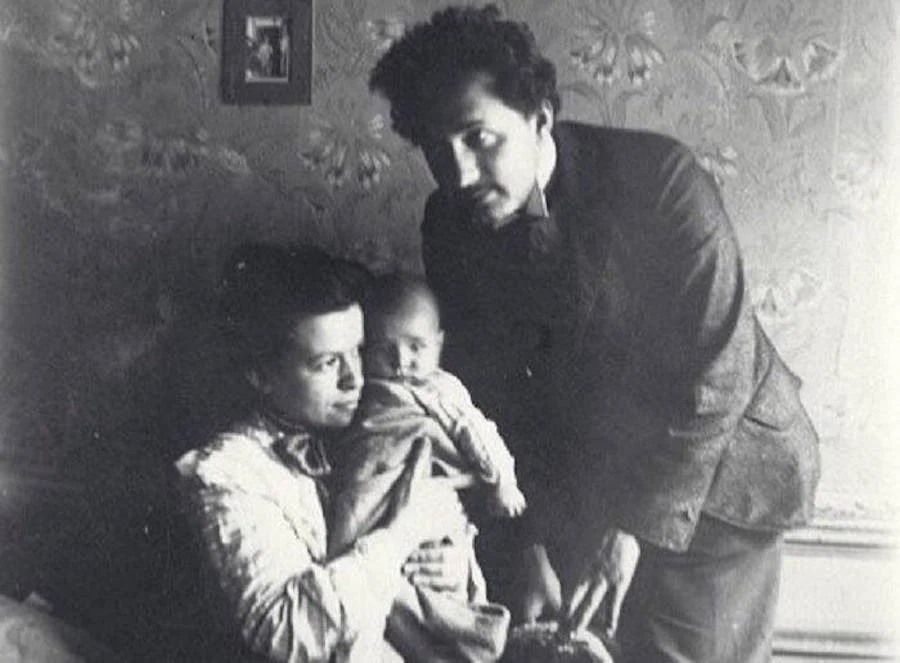We have an inadequate perception of ourselves.
There’s no hiding from the traps of our own thoughts – the tricks and “bugs” of the mind that deceive us and influence how we act and perceive the world around us. We all see the world through the lens of our own experiences, mentality, upbringing, and beliefs.
As a result, we can’t impartially, fully, and objectively assess ourselves, our strengths and weaknesses, abilities and areas for growth, and how we behave and are perceived by others. Consequently, we may choose the wrong strategy – developing qualities that we already possess while neglecting areas that need improvement. Seeking feedback from trusted individuals such as friends, family, supervisors, or colleagues can help provide a more complete picture.
We lack a clear vision of our goals.
Instead, we have vague ideas like becoming “better,” “more successful,” or “fit and beautiful.” Or we have hazy and unrealistic fantasies like “looking stunning and stylish while stepping out of an expensive car, with everyone around dying of envy and admiration.
” Without knowing specifically what we’re striving for and without accurately assessing our capabilities, our motivation may wane, making it challenging to succeed. It’s important to have a clear goal and a vivid mental image or illustration of that goal. Research shows that visualizing goals helps in achieving them, and the easier it is to imagine the desired outcome, the more likely we are to maintain motivation.
We disregard the zone of proximal development.
This is the space where new, as-yet-unmastered skills develop. The set of such skills depends on what a person already knows and can do. The concept of the zone of proximal development was first introduced by the Soviet psychologist Lev Vygotsky, who wrote about children’s development, but his ideas are applicable to adults as well.
Just as you can’t immediately teach a child who doesn’t know letters and syllables how to read, it’s not advisable for an adult who has never engaged in sports to suddenly run 5 kilometers. They might complete the distance, but due to stress and fatigue, the experience will be negative, and they may lose interest in running altogether. It’s essential to move towards our goals gradually, step by step, understanding that quick results shouldn’t be expected and that patience is required.
We suffer from limiting beliefs.
These are convictions we adopt from parents, teachers, authoritative figures, and society in general. Often, these beliefs are destructive, hindering us from taking action and achieving our desires. For example, if a math teacher repeatedly tells you that you have no aptitude for exact sciences, you may start believing it and shy away from pursuing a career in programming, despite your genuine interest.
Or if you were raised to believe that only exceptional individuals should feel proud of themselves, you might struggle to celebrate your achievements, constantly feeling inadequate and unhappy. Overcoming limiting beliefs is not easy, and seeking guidance from a psychologist is recommended. However, you can try working on them independently by identifying the beliefs that poison your life, analyzing their impact on you, and reframing them to be more constructive and realistic.
We lack support.
It’s challenging to move forward without someone to lean on, especially when the people around us are indifferent or critical. To overcome this situation, you can take two paths. First, learn to support yourself:
- Keep an achievements journal where you record what you’ve accomplished and can be proud of.
- Celebrate even small victories, such as ordering a delicious meal and inviting friends over to celebrate when you’ve completed a project phase and are pleased with your performance.
- Compare your current self to your past self, acknowledging any progress – big or small – rather than solely.






